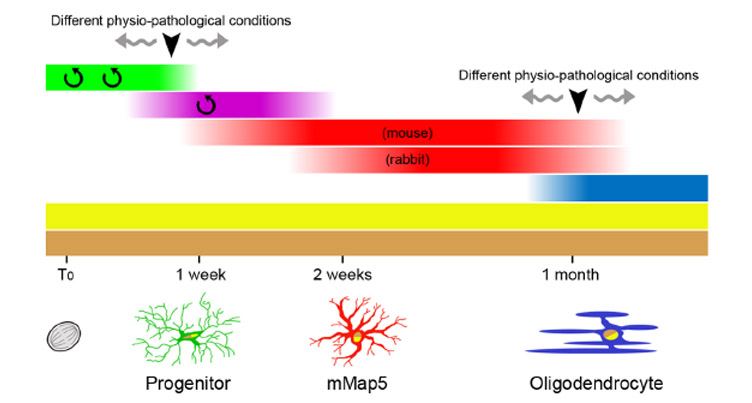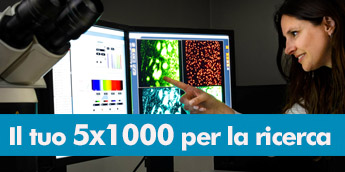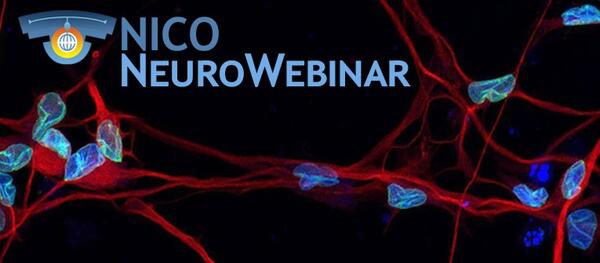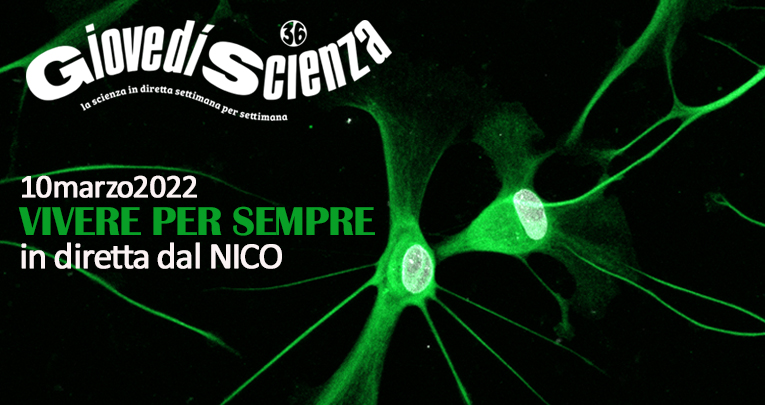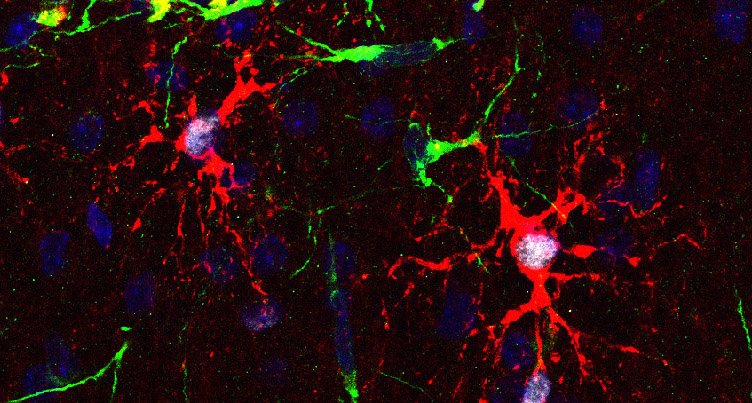
Plos One, May 2013
Cellular and Molecular Characterization of Multipolar Map5-Expressing Cells: A Subset of Newly Generated, Stage-Specific Parenchymal Cells in the Mammalian Central Nervous System
Paola Crociara, Roberta Parolisi, Daniele Conte, Marta Fumagalli, Luca Bonfanti
Although extremely interesting in adult neuro-glio-genesis and promising as an endogenous source for repair, parenchymal progenitors remain largely obscure in their identity and physiology, due to a scarce availability of stage-specific markers.
What appears difficult is the distinction between real cell populations and various differentiation stages of the same population. Here we focused on a subset of multipolar, polydendrocyte-like cells (mMap5 cells) expressing the microtubule associated protein 5 (Map5), which is known to be present in most neurons.
We characterized the morphology, phenotype, regional distribution, proliferative dynamics, and stage-specific marker expression of these cells in the rabbit and mouse CNS, also assessing their existence in other mammalian species. mMap5 cells were never found to co-express the Ng2 antigen. They appear to be a population of glial cells sharing features but also differences with Ng2+progenitor cells.
We show that mMap5 cells are newly generated, postmitotic parenchymal elements of the oligodendroglial lineage, thus being a stage-specific population of polydendrocytes. Finally, we report that the number of mMap5 cells, although reduced within the brain of adult/old animals, can increase in neurodegenerative and traumatic conditions.
Read more: www.plosone.org
Agenda
Area Ricercatori
Guarda il video
GiovedìScienza racconta la ricerca al NICO
Vivere per sempre.
Una popolazione sempre più longeva, i suoi problemi e le risposte della ricerca
Hai perso la diretta? Guarda ora il video di GiovedìScienza al NICO: una puntata in diretta dai nostri laboratori dedicata alla ricerca sull'invecchiamento.







